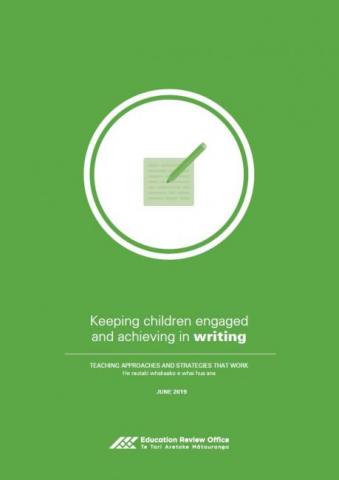Starting School Together: What Do We Know?
Published: 26 May 2022
Starting school is a major childhood event. It can be an exciting time for children and their families. But it is a big change, and so it can also be an uncertain time. A good start at school sets children up to succeed at school. We looked to see how changing to cohort entry impacts on children, their peers, and whānau, as well as their schools and early childhood education services.
- Audience:
- Academics
- Early learning
- Education
- Parents
- Schools
- Content type:
- Research
- Topics:
- Te Ihuwaka
- Te Ihuwaka | Education Evaluation Centre












